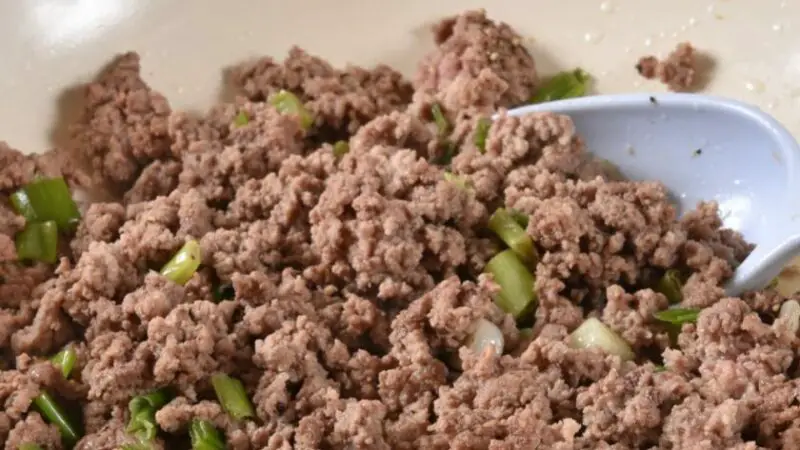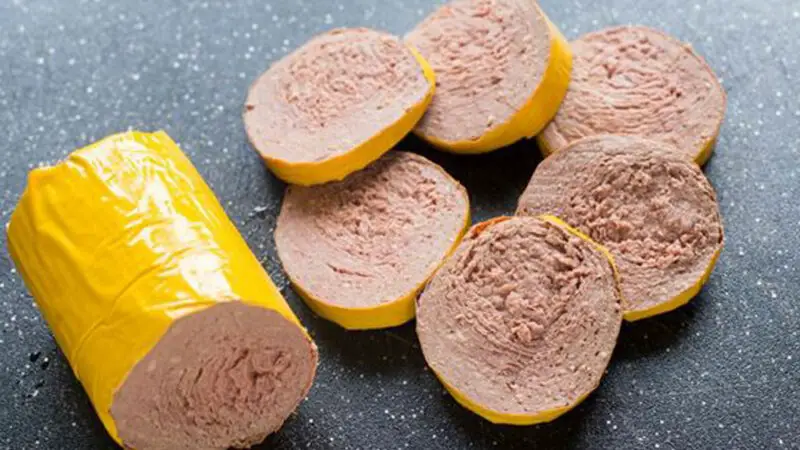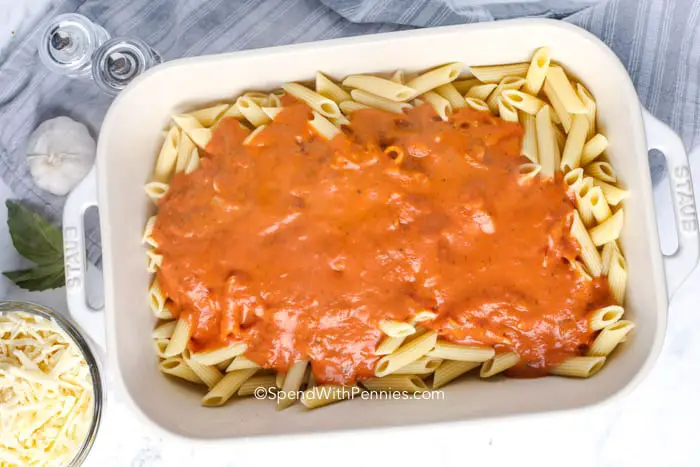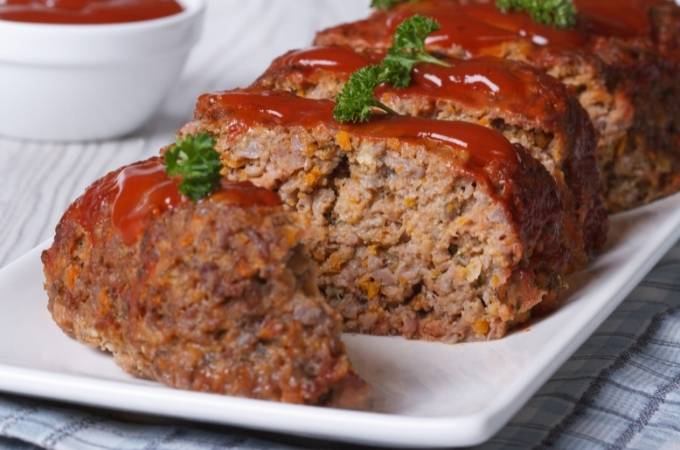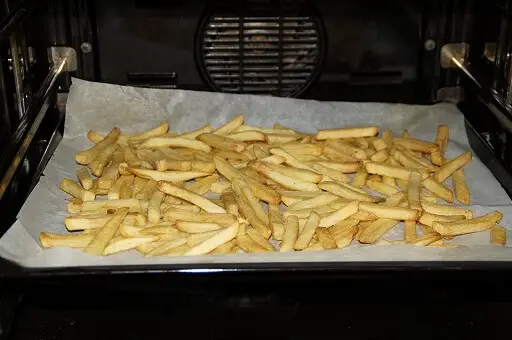Ground beef is a staple in many households, but have you ever wondered how much weight it loses during the cooking process? Understanding weight loss in ground beef is essential to ensure proper portion control and meal planning. In this article, we will explore the factors that affect weight loss in ground beef, different methods for measuring weight loss, and tips for reducing weight loss while cooking.
Factors that Affect Weight Loss in Ground Beef
Several factors can impact how much weight ground beef loses during cooking. These include:
Percentage of fat:
Higher-fat ground beef typically loses more weight because fat renders out during cooking. Lower-fat options lose less weight due to the lower fat content.
Cooking method:
The cooking method can also determine how much moisture is lost. Grilling or frying are high-heat methods that reduce moisture content quickly, causing greater weight loss. Baking or slow-cooking methods retain more moisture, resulting in less weight loss.
Initial thickness and size of patty:
Thinner patties may lose more moisture than thicker ones as they are exposed to higher temperatures for longer periods.
Measuring Weight Loss in Ground Beef While Cooking
Monitoring weight loss during cooking is critical to knowing when your meat has reached its desired level of doneness. Several methods allow you to measure it accurately:
Scale:
Using a kitchen scale before and after cooking allows you to measure exact weight loss amounts.
Visual inspection:
Observing changes in color and texture of the meat can also help determine when it’s done and how much moisture has been lost.
Note: It is easier to use a scale when initially weighing the meat instead of relying on visual inspection alone.
Results from Studies on Weight Loss in Ground Beef
Several research studies found that ground beef may lose anywhere from 10-20% of its pre-cook weight during the cooking process, depending on several factors discussed earlier such as composition (fat vs. lean percentage), cooking method, and initial thickness.
For example, a study published in the Journal of Food Science found that 75% lean ground beef lost an average of 19% weight when pan-fried with moderate temperature (150°C) for 5 minutes on each side. Meanwhile, another study showed that baking 80% lean ground beef in the oven resulted in an average weight loss of approximately 13%.
It’s important to note that these studies’ results only provide a rough ballpark estimate; your actual weight loss may vary depending on how you cook your meat.
Impact on Nutritional Value
Losing moisture during cooking affects the nutritional value of your cooked meat. However, it’s not just about water content but also protein and fat content.
Protein:
While some proteins are water-soluble and could be lost during cooking due to moisture evaporation can cause the protein to denature, it doesn’t result in significant differences in protein amounts between raw vs. cooked ground beef.
Fat:
Ground Beef usually contains fat, which can be water-resistant and less prone to evaporating than moisture or protein. Therefore when baking or grilling, more flavorful meats like ribs lose more fat than hamburger-style meat with one center hole. However, it should be noted that selecting a lower-fat beef portion will affect this analysis differently because fat loss clearance would decrease total calorie count.
Tips for Reducing Weight Loss During Cooking
Reducing weight loss while still achieving desired flavor and texture is possible if certain techniques are used. Here are some tips to prevent losing too much moisture during cooking:
Preheat baking sheet:
Preheating the baking sheet before placing patties on it reduces moisture evaporation.
Invest in quality meat:
High-quality cuts such as sirloin contain less connective tissue and fat making them much less likely to shrink or lose fluids.
Avoid overcooking:
Cooking at moderate temperatures and ensuring that the meat has reached its desired temperature can prevent overcooking and excessive moisture loss.
Don’t compress patties too tightly:
Avoid pressing down on your burger patties, which causes extra liquid to be squeezed out of the meat.
Conclusion
Understanding how much weight ground beef loses during cooking is essential for proper meal planning and portion control. Factors such as percentage of fat, cooking method, and initial thickness all affect weight loss amounts. Using methods such as a scale or visual inspection to monitor weight loss can help ensure the appropriate cooking time. Reducing moisture loss while still achieving desired flavor and texture is possible by preheating baking surfaces, investing in quality meat cuts, avoiding overcooking, and not compressing burger patties too tightly.
Ultimately, with these tips in mind, you can reduce unnecessary food waste while serving up delectable meals everyone will enjoy.
Q&A
- Q: Why does ground beef lose weight after cooking? A: Ground beef primarily consists of water, fat, and protein. During cooking, the heat causes the water content in the meat to evaporate, which leads to a reduction in weight.
- Q: How much weight do I expect ground beef to lose after cooking? A: The amount of weight loss depends on several factors such as the fat content, cooking method, and duration. However, on average, you can expect ground beef to lose around 25% of its weight during cooking.
- Q: Can I prevent ground beef from losing weight during cooking? A: No, it is not possible to prevent ground beef from losing weight during cooking completely. However, using methods that involve less evaporation like steaming or braising may reduce the extent of loss.
- Q: Is it safe to eat ground beef if it loses weight after cooking? A: Yes! The loss of weight is primarily a result of water evaporation and not an indication of spoilage or contamination. As long as you have cooked the meat thoroughly and maintained proper hygiene practices during preparation and storage, it’s safe to consume!
